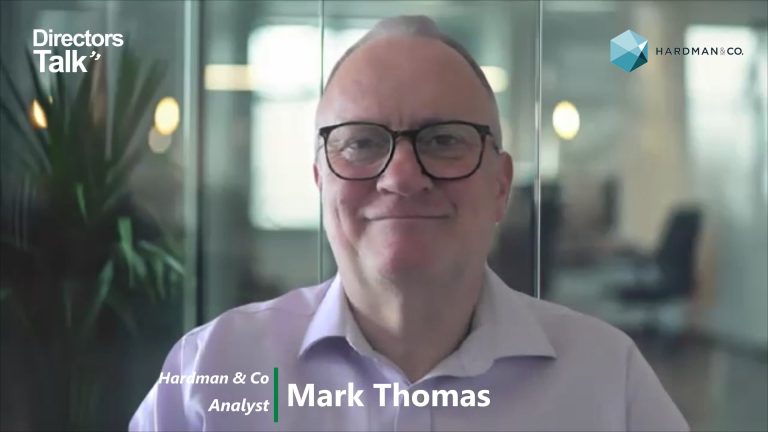Diurnal Group PLC (LON:DNL) is the topic of conversation when Hardman and Co’s Analyst Dr Martin Hall caught up with DirectorsTalk for an exclusive interview.
Q1: Martin, I wanted to talk to you today about Diurnal, who recently provided an update on its late-stage development pipeline. Were the results from the recent Phase III Chronocort clinical trial a surprise?
A1: Yes, indeed they were, especially given the published outcomes that have previously come out from a Phase II trial. However, I would also say at this stage, it’s important to note that Chronocort did actually work in the trail, where the trial failed is that it didn’t actually reach the defined primary end point in the protocol and that was no show that Chronocort was superior to the standard of care.
Q2: What was the difference between the Phase III outcome and the results from the previous Phase II trial?
A2: In the previous Phase II trial, the control arm was not well controlled within the therapeutic range so that’s the target range between an acceptable level that the drug works and a level which it wouldn’t work. So, it was to bring that biomarker down to within that target therapeutic range.
In that first trial, the Phase II trial, there was a significant difference within the Chronocort group which did bring the biomarker down to the controlled range and that was not seen in the standard of care one.
In this Phase III trial, the Chronocort was also well controlled again this time round but there were differences in that the standard of care also seemed to bring the biomarker down to the target range, that was what was unexpected.
There was a slightly different issue that was thrown up when the results came out and that is to make a direct comparison between the Phase III and the Phase II trials, yes, they were performed at different times but for example, the units that they were measuring were different in the two trials. Secondly, the graphic showing the results was plotted on a logarithmic scale whereas in the Phase II trials it was a linear scale. Thirdly, the Phase II trials was started at 23:00 on the night and then ran every hour for 24 hours whereas in the Phase III trial it started at 07:00 in the morning and ran for 24 hours.
So, when you’re trying to make the comparison between the two, it was quite difficult so what we actually did, as analysts, is we’ve replotted all the data from the two trials. The profiles of Chronocort and standard care are the same in the two trials. There were little peaks occurring at the same times etc.
What was different, and this seems to be the cause of the problem in this trial, is that all the readings for the 100 patients were between 1/5 and 1/20 lower in the Phase III trial compared to those that were seen in the Phase II trial. That difference, from a clinical standpoint, is very difficult to explain.
Q3: Do you think this will delay the overall commercial programme?
A3: Well, the first thing to say is that it won’t affect the Alkindi roll-out in Europe which is basically the same drug but for use at much lower doses in children.
Secondly, provided the Alkindi trial in the United States has similar outcomes to those seen in the European trial then its commercial launch should still not be materially affected.
However, of course, this trial will impact the commercialisation of Chronocort. What Diurnal has said they’re going to do is discuss the outcomes when its got the full data set with the European regulators. On the assumption that those discussions go reasonably well, they still believe that they could end up filing for approval towards the end of 2019.
The US is a slightly different situation where the trial for Chronocort was about to start over in the United States and of course the company has put that entirely on hold until the full analysis and the outcomes with the European regulators are known.
So, it will definitely affect the commercialisation of Chronocort both in Europe and the United States.
Q4: What are your thoughts on the share price reaction?
A4: Chronocort was the bigger opportunity of the two, there are a lot more adults suffering the conditions that they’re targeted compared to children, so it was inevitable that there would be a share price reaction. However, you’ve still got Alkindi being launched in the various territories through the European Union and some associated countries such as Israel and probably in the Untied States.
So, the move does look somewhat harsh and it leaves Diurnal’s stock trading with an enterprise value of just £9 million and then on top of that of course, the company’s got about £13 million of cash, much of which will be used up through working capital requirements. Even with a market capitalisation of 322 million, that does seem somewhat of a harsh move.









































